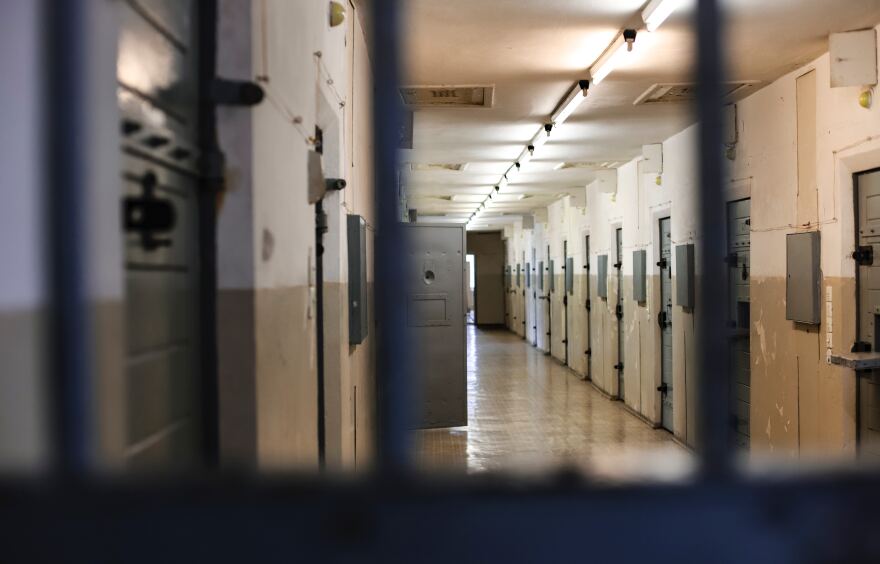HB 7125, the big criminal justice reform bill passed by the Florida Legislature, makes a significant change to who can be sentenced as a “prison releasee reoffender.”
Under the bill, the threshold warranting a felony theft offense would be raised from $300 to $1,000 – which won the support of some criminal justice reform advocates.
But one piece of the measure would make more people eligible for mandatory minimum sentencing – something reform advocates are historically against.
Matthew Hasbrouck with the state Office of Economic and Demographic Research sits on the Criminal Justice Impact Conference. During a conference meeting in April, Hasbrouck explained how the provision works:
"This amends 775.082 – expanding the pool of offenders eligible for a mandatory minimum sentence for a prison releasee reoffender – by adding that they committed one of a list of offenses within three years after being released from a county detention facility following incarceration from an offense for which the sentence pronounced was a prison sentence," Hasbrouck said.
Prison releasee reoffenders, under Florida’s law, get an automatic mandatory minimum sentence. As it stands, the only formerly incarcerated people who can be sentenced based on the prison releasee offender law are those who served time in a Florida institution, or one in another state. Most crimes that would qualify someone for the prison release reoffender status are violent and severe – carrying a lengthy sentence already. Murder, sexual battery, arson and kidnapping are on the list. But not everyone who commits these crimes ends up in prison, as Hasbrouck explained.
"Potential reoffenders impacted by this language – so these are the county detention center people – in fiscal year 17-18, there were roughly 570 offenders that were sentenced to time served and released before coming to prison," Hasbrouck said.
Should the bill pass, the Criminal Justice Impact Conference agreed it would grow the prison population, but could not estimate by how much.
Senator Jeff Brandes, who was the principal backer of the “Florida First Step Act,” took aim at mandatory minimum sentences during the legislative session.
"The state has over 100 different mandatory minimums. And we catch all kinds of dolphins in that tuna net," Brandes said in April. "It is just amazing to see how damaging no discretion to judges is in this process."
Contact Ryan Dailey at rdailey@fsu.edu


